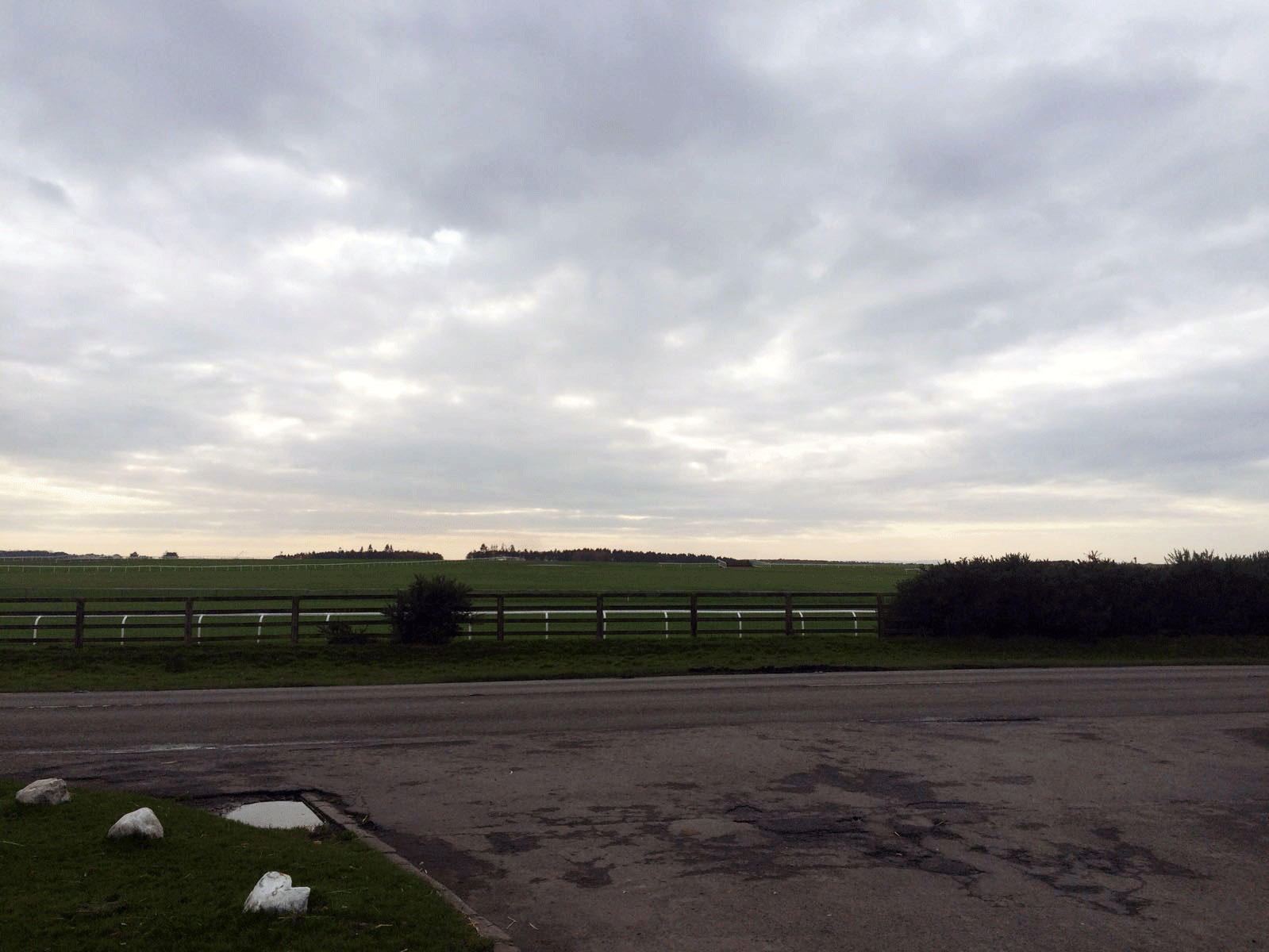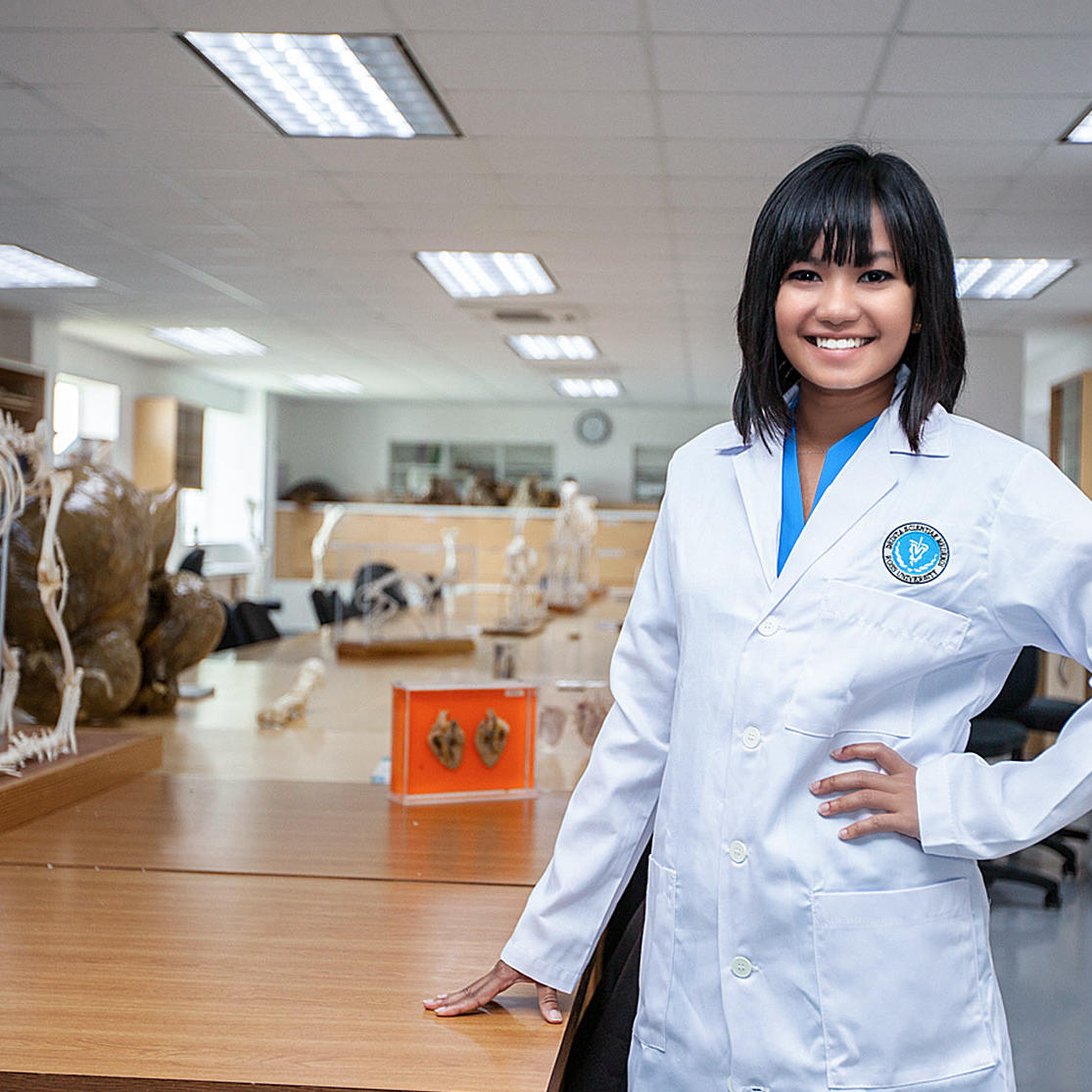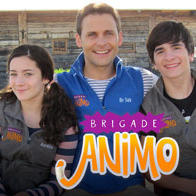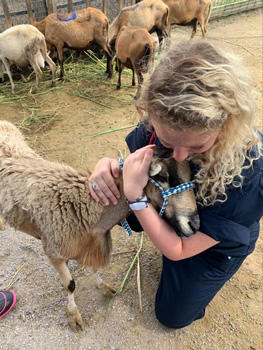On an “Irish birthright trip,” I decided to seek out a veterinary externship abroad in Ireland. The opportunity at Anglesey Lodge Equine Hospital would introduce me to a new population of horses and the chance to explore my Irish heritage. I arrived in the early morning, greeted by a handful of “Rossies.” After a heartfelt reconnection with classmates separated by clinical placement, I hopped aboard a bus to Kildare, Ireland. The bus dropped me in the middle of what seemed to be an infinite sheep field. As dusk approached, along with the gentle Irish rain, I realized I should have better coordinates of my final destination. A few failed attempts and a refusal to panic later, and I finally knocked on the correct gate.
Anglesey Lodge Equine Hospital provided a great experience for a future equine practitioner with an interest in thoroughbred racing. The importance of the thoroughbred racing industry to the local economy is evident in the surrounding community, the Curragh. The Curragh is a lush, flat sector of land sprawled in horse facilities, locally referred to as “studs.” In the early morning, you can catch the horses training at the Curragh Racecourse, the epicenter of the region.
Due to the high percentage of racehorses in the area, the daily schedule consisted of tie forwards, tie backs and various other investigations of poor performance. The farm calls offered a wider variety of cases involving reproduction, lameness and traumatic injuries. Smiling clients, startled by the great distance I had traveled to work with horses, greeted us. The staff includes two equine surgeons, 5 ambulatory equine veterinarians, a handful of very experienced veterinary nurses, two cheerful yards men, and a friendly office staff. After rounds, myself and three other externs helped the three interns with their morning checks. At 10 a.m., we broke for tea time, a tradition long forgotten in the fast paced, American veterinary realm. During tea, we laughed as we shared tales of the trade and our most interesting cases.
The rest of the afternoon, we moved quickly, from case to case as a team. During surgeries and appointments, the surgeons were sure to keep us on our toes in order to uncover the extent of our veterinary knowledge. Once we were out of answers, they would quote a few papers, deliver statistics and fill in our remaining mental gaps on the subject. This experience provided a vast amount of equine veterinary knowledge as well as an international experience. The unique horse population offered a caseload that differed significantly from my clinical academic experiences, reinforcing topics learned long ago in the classroom. The interns and externs spanned from Portugal, Italy, Northern Ireland and Spain. This shared opportunity offered us a chance to share our cultures and dream of plans to meet in the future.
I would recommend students consider international externships. It feeds one’s passion for travel and offers a unique perspective to veterinary medicine. It provides an opportunity to make new friends and may open up job opportunities that you may have never envisioned. These experiences expand one’s comfort zone, and inspire new ideas. For me, it offered a glimpse into another realm of veterinary medicine and provided personal and professional growth.







